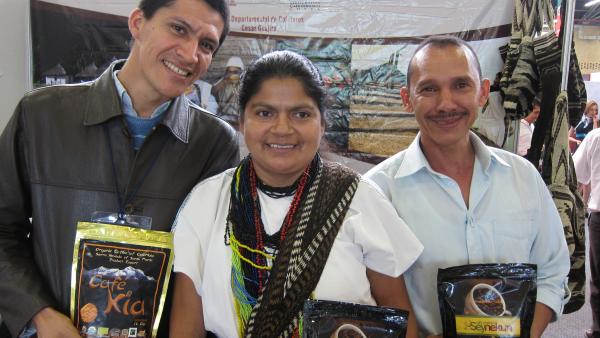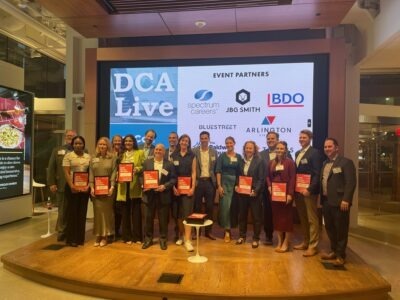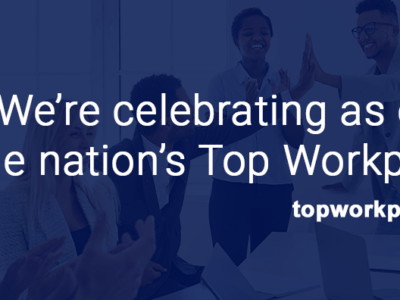
Coffee runs in Solon Arias’s veins. Born into a Kankuamo indigenous family in Colombia’s Sierra Nevada de Santa Marta, his earliest memories are of his grandmother preparing the dark, aromatic beverage over a wood-burning stove to serve to community elders. “As the adults drank, they would reminisce about our culture and discuss community affairs,” he recalls. This experience helped him find his life’s passion—coffee.
Solon’s idyllic childhood memories were interrupted by tragedy and violence. Just a decade ago, the Kankuamo indigenous community of Chemesquemena experienced the height of armed conflict. Solon relates that “2000 to 2005 were tough years with increased violence and the presence of illegal armed groups. [M]any were displaced and we had few options.”
ACIP Introduces Indigenous Coffee Growers to Organic Best Practices and International Market
As an agroindustrial engineer, Solon has worked for the Kankuamo Indigenous Organization (OIK) for more than ten years, responsible for project formulation, relationship building, and providing direct technical assistance to coffee farmers. Through commercial exchanges facilitated by the USAID-funded ACDI/VOCA Afro-Colombian and Indigenous Program (ACIP), Solon has seen best practices first-hand at one of Colombia’s most exclusive coffee plantations. He also traveled to El Salvador to meet with international growers, traders, and retail clients.
“Watching my grandmother stir the coffee with her big wooden spoon is where the idea was born of coffee as a beverage that could bring people together. People come together not only to drink coffee but to share stories of their lives.”
Today, Solon is leading a transformation in his community. Through an ACIP value chain project to increase profitability and production for the OIK, Solon is changing the mentality farmers by teaching them how to grow coffee organically and returning to more traditional farming methods. He has helped recover age-old practices of interspersing coffee crops with fruit trees and medicinal herbs to improve soil quality. In addition, with an in-kind donation of tanks and organic material, Solon brought OIK the latest in agricultural technology related to coffee: microorganisms. These microorganisms are more resistant to plagues, increase the productivity of the bush, and change the taste in cup.
Indigenous Community Producing Value-Added Items, Dreaming Big
Through ACIP support, the Kankuamo community is also developing value-added products. Instead of selling green coffee beans, they now dry, roast, and grind the coffee to fetch a higher price. With a new food processing plant, they sell organic fruit pulp. This all fits into Solon’s long-term goal of reconnecting displaced Kankuamos with the land. Since Bogotá is home to a sizeable displaced population, he dreams of opening the first Kankuamo-owned and -operated coffee shop in the nation’s capital to sell coffee by the cup, retail beans and grinds, and showcase artisanal products.






